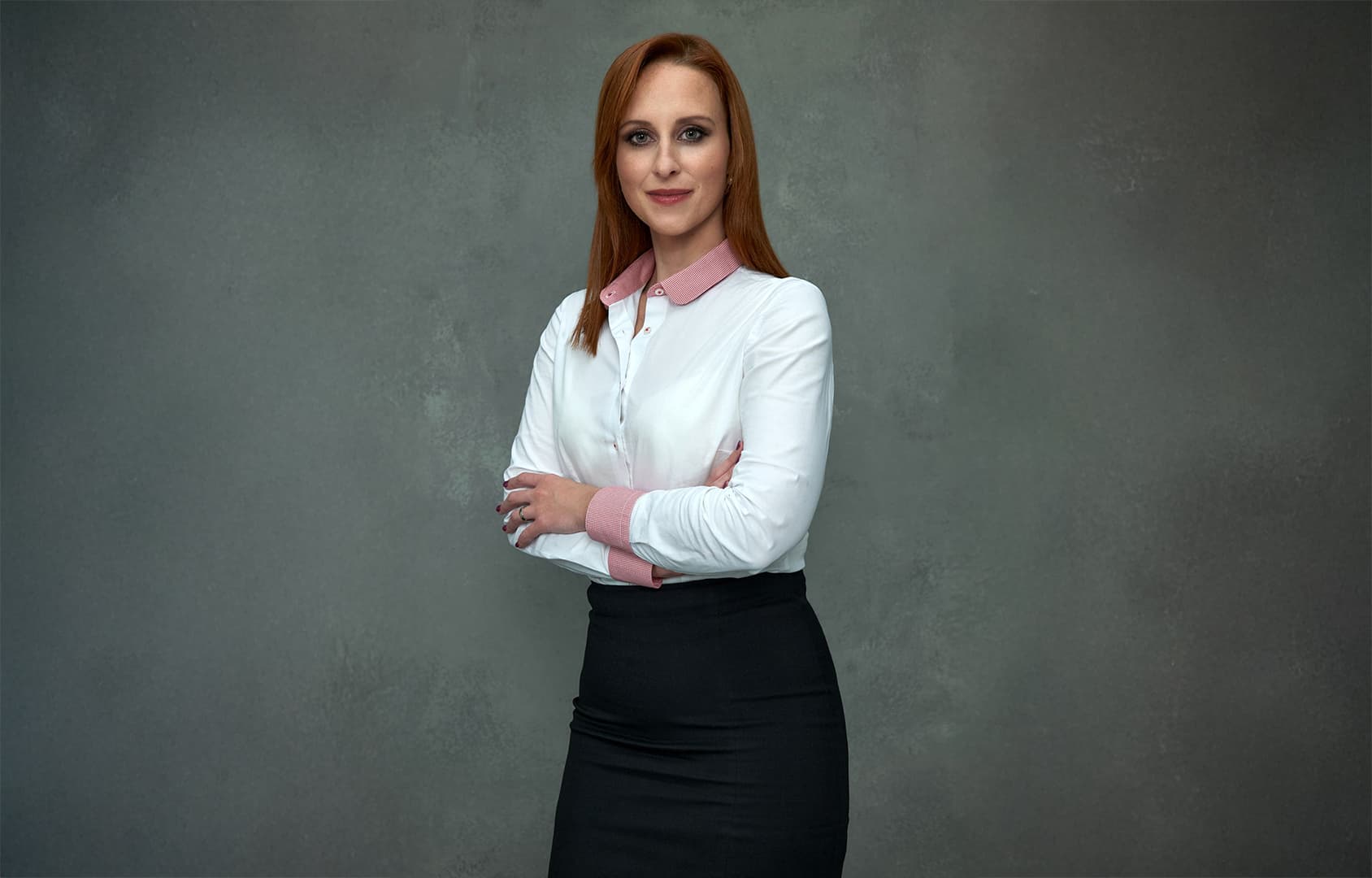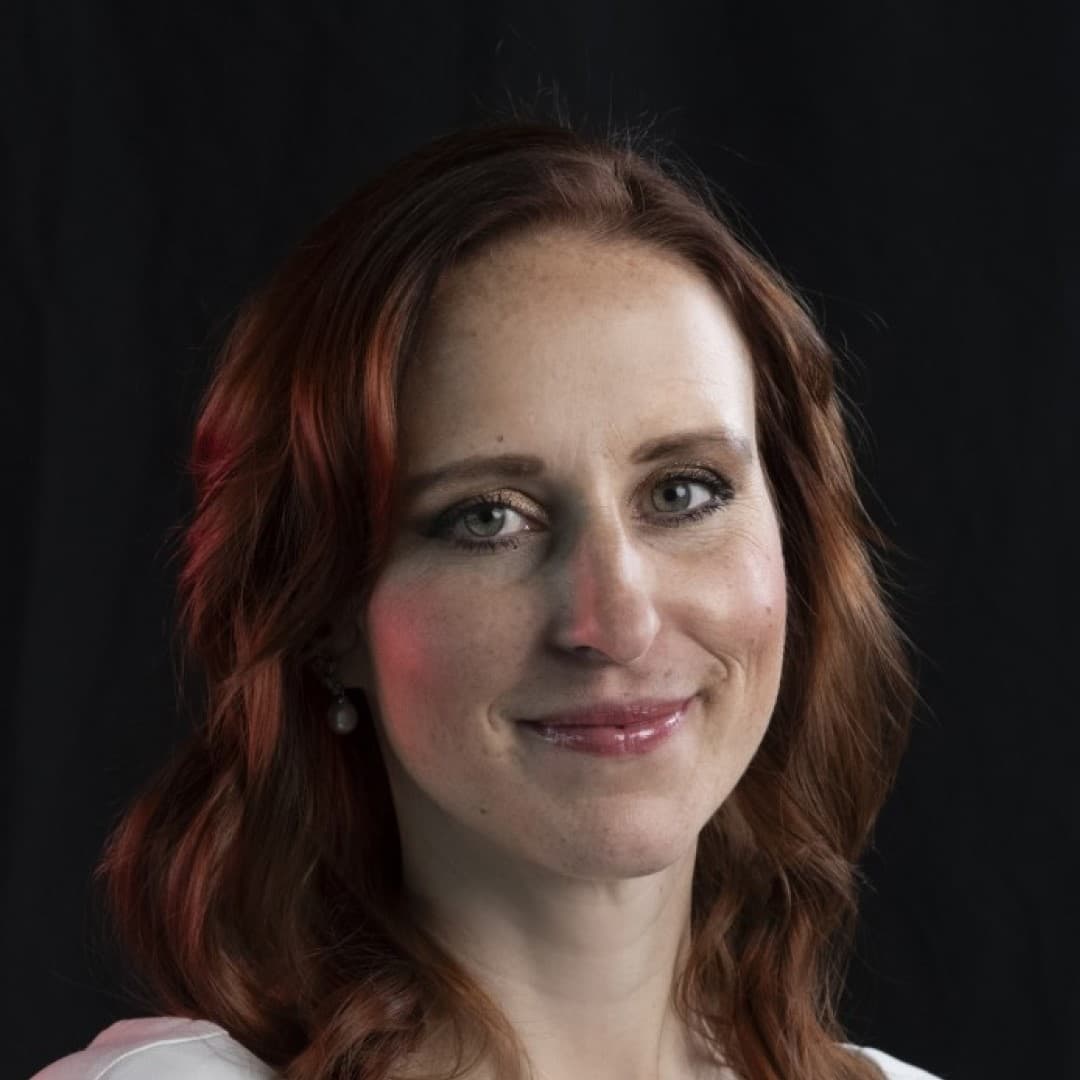Barbora Vlachová has been elected to the board of the Czech Bar Association. "The key will be to maintain cohesion and unity in decision-making," she
07 \ 10 \ 2025

The Czech Bar Association has new leadership. Elections to the Board of Directors, Supervisory Board, Disciplinary Committee, and Disciplinary Appeals Committee for the next four years took place on October 3. Among the successful candidates are representatives of the Portos law firm. Senior attorney Barbora Vlachová will join the eleven-member Board of Directors, and attorney Alexandra Parnaiová will join the Supervisory Board of the professional association.
Barbora Vlachová, member of the Board of Directors of the Czech Bar Association for the period 2025 to 2029, presents her priorities and views on the future direction of the Czech Bar Association in an interview:
What does your election success mean to you and what are your ambitions within the CBA Board of Directors?
I am, of course, very pleased with my election to the CBA Board of Directors. I thought long and hard about whether to run for a seat on the board, mainly because of how time-consuming such a commitment is. However, I received a lot of support from the management of our law firm, so I ultimately decided to run.
On the board of the Czech Bar Association, I will strive to improve the association's image among lawyers. Many colleagues today are only marginally interested in what is happening at the Bar and perceive it more as an administrative burden. I would also like to focus on the digitization of the CBA's agenda.
What challenges will the CBA and the new board face in the next four years?
The key challenges will undoubtedly be the digitization of the judiciary and the legal profession, the regulation and ethical anchoring of the use of AI and legal technologies, and the reform of the education of lawyers and trainees. However, in the previous term, we managed to digitize a number of agendas and, at the same time, strengthen the technical security of the CBA's operations. For example, this year's Bar Assembly was the first to take a hybrid form, and the elections to the CBA bodies were conducted entirely digitally.
For the Board itself, it will be crucial to maintain cohesion and unity in decision-making across the groups of lawyers whose representatives were elected to the Board.
Your area of expertise is IT law. How do you plan to apply this experience within the CBA Board?
I already tried working at the CBA during my previous term. For the last four years, I have been working in the Czech Bar Association's IT and GDPR section. I would now like to take over and lead this section. I plan to use all my experience in the aforementioned digitization of our agendas and in maximizing the visibility of AI tools, which will be an integral part of lawyers' lives in the coming years. Cybersecurity is also a major issue for lawyers, which must be taken seriously, especially with regard to the requirement for client data confidentiality and the fulfillment of obligations arising from attorney-client privilege.
You also hold the position of director on the board of the Czech branch of AFCEA. Is it possible to effectively combine these two positions?
AFCEA's activities focus primarily on cybersecurity and information and communication technologies. I therefore believe that it will be easy to link this with the topic of digitization, which I want to address within the CBA.
Ever since my studies, I have been in the habit of taking on multiple challenges at once. I often feel that I have more in my calendar than I can handle. But that's how I learned to effectively manage multiple responsibilities at once. Although it won't be easy, I'm really looking forward to the work that awaits me at the CBA.




